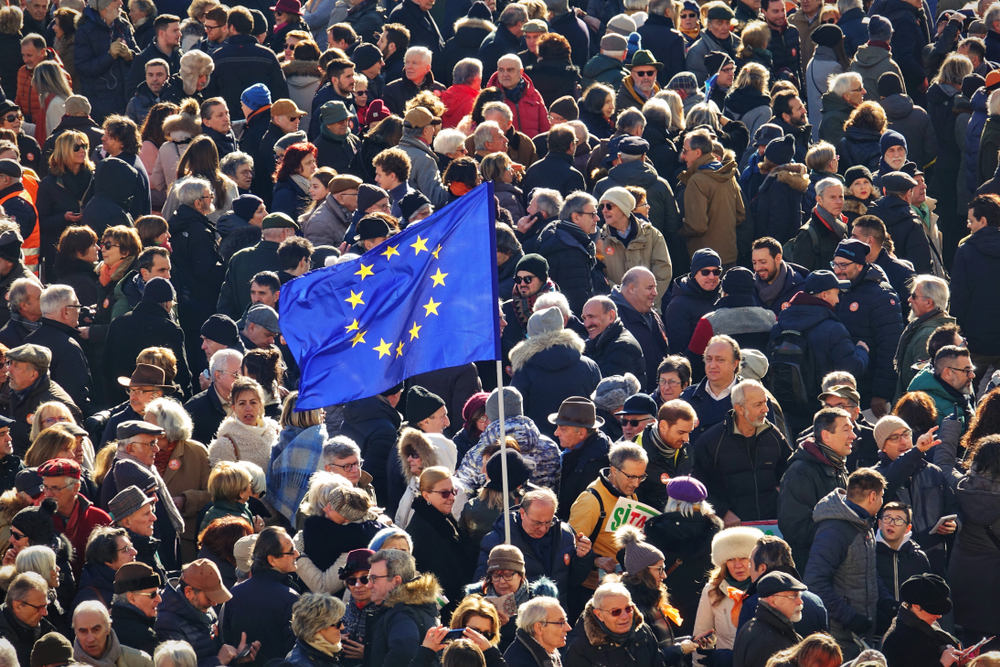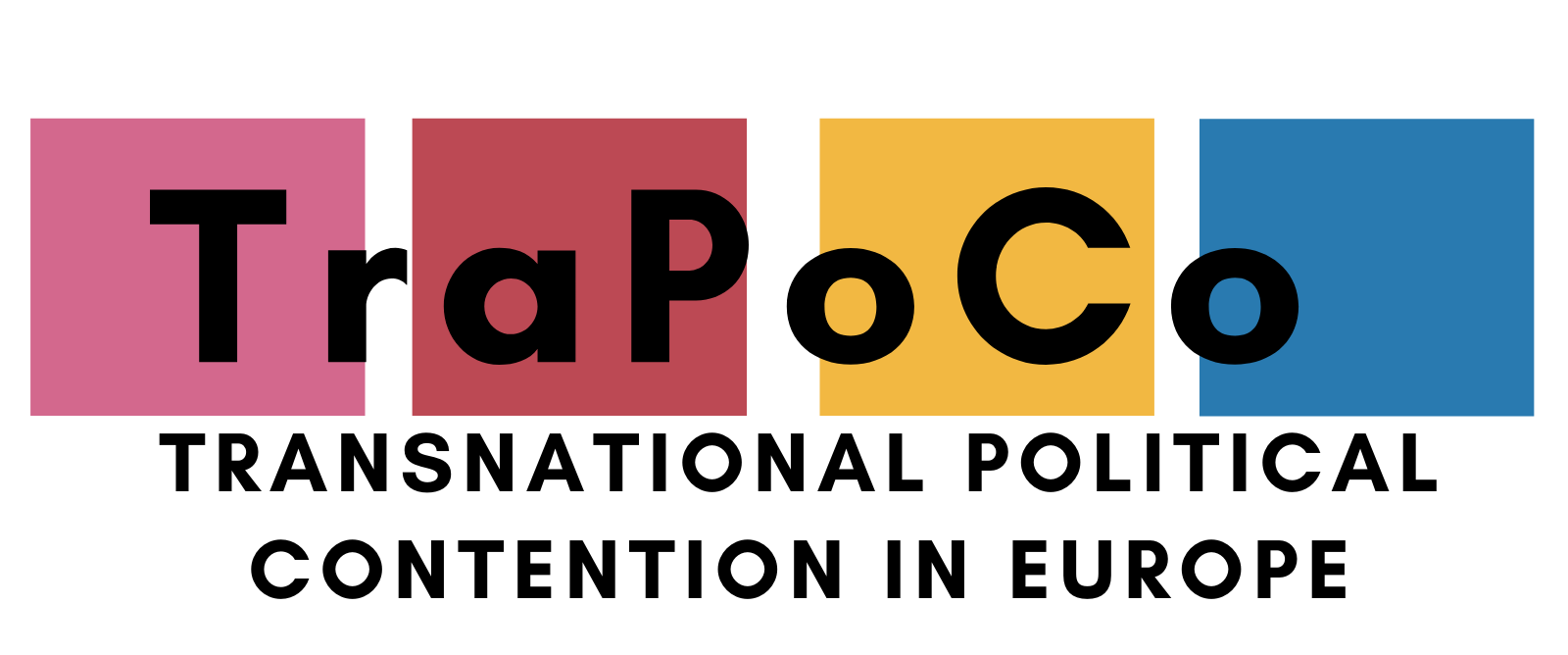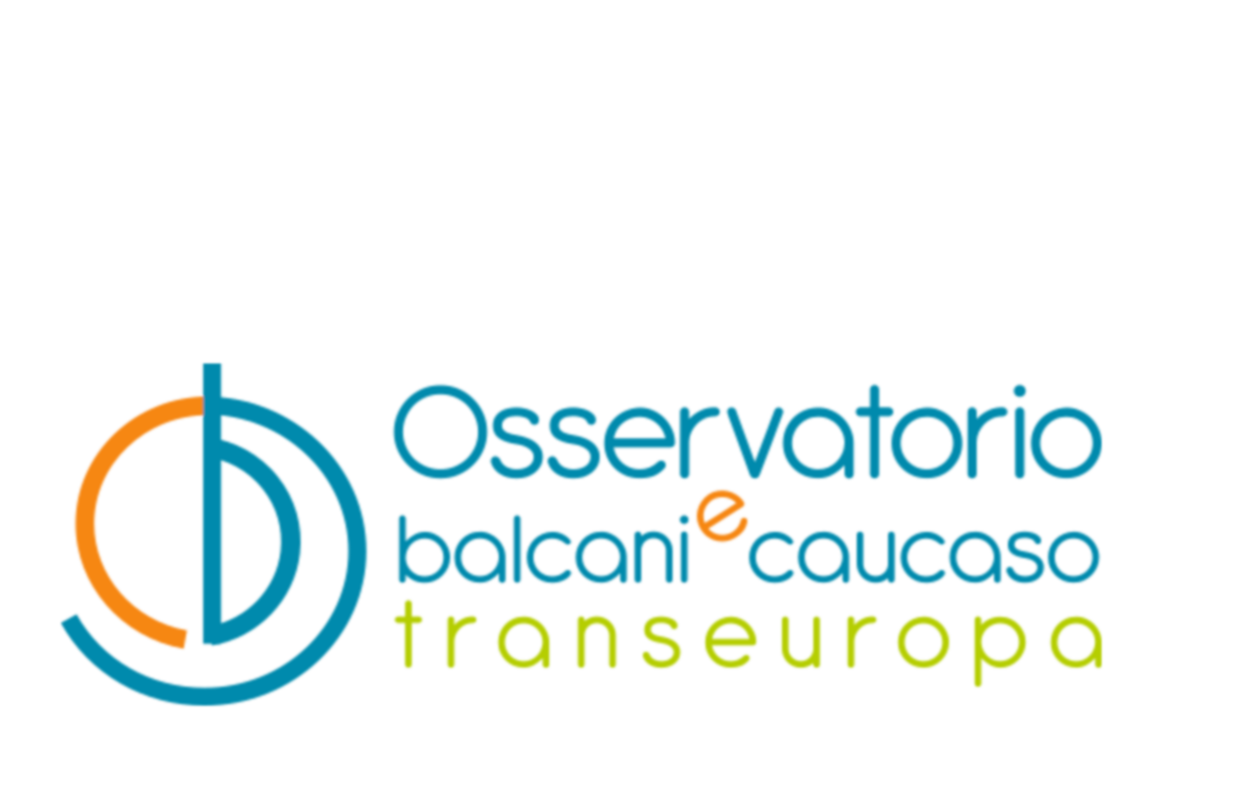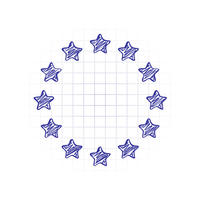
Demonstration in Turin in January 2019 - © MikeDotta/Shutterstock
Civic movements that go beyond national borders, populism, and the construction of the common European home. We talked about it with sociologist Paul Blokker, starting from what is happening with the "Conference on the Future of Europe"
For some years now you have been interested in transnational political action and you have just edited a volume – Imagining Europe – with the subtitle "transnational protest and civic populism". How do you approach this issue?
I approached transnational movements because of my interest in the European constitution, which I have followed since the launch of the European Convention on the future of Europe from the early 2000s onwards.
In recent years I have been interested in Varoufakis' DiEM25 project because, formally or less so, the very title of that project conveys the idea of creating a constituent assembly of citizens for a European constitution.
Then, thanks to a research project that I coordinated at the Karlova University in Prague, I tried to combine the study of the process of constitutionalisation from below in Europe with research on populism. DiEM 25, in fact, has both a constituent and a semi-populist side.
"Imagining Europe" includes research done by my collaborators in Prague who examined both the work of the leaders of the movement – not Varoufakis directly but various people around him – and that of local activists. There are other contributions on transnational movements with research on populism, especially left-wing populism. The last part explores the constituent dimension, the dimension of transnational constitutionalism, a subject that has been little studied by those involved in social movements.
When I started the project in 2018, the Conference on the Future of Europe was not yet in the air. We were able to follow it from the start and study that component of civil society activism, of transnational movements that seek in some way to contribute to the conference process. For example Citizens Take Over Europe (CTOE), one of the most important coalitions at European level trying to have some impact on the conference.
And does it succeed?
It is not always easy to say, but I think it does have some impact. For example, the plenary of the Conference on the Future of Europe that just took place had all the working groups, the smaller working groups, streamed. Something that was not initially planned, the other plenaries did not do it. This is a result of the pressure that the CTOE has put for the conference to be public, transparent, otherwise what kind of citizens' conference is it?
A bit like Pierre Rosanvallon's concept of counter-democracy, democracy also as a force for monitoring from the outside by society on what institutions do. And it is important, because otherwise the European institutions shut themselves up, they do not do things in a transparent and participatory way. They claim they want to do it, in words, but the reality is different.
No institution is usually actually open, is it?
In the case of the European institutions, the European Parliament is more open, but more could be done there too...
What do your works highlight with respect to the role of these collective actors in European integration?
In my opinion, perhaps the most important aspect that emerges, and which also teaches us a lot about the European integration process in a broader sense, is how difficult it is to connect the local, the sphere closest to the citizen, with the European one. Not only looking at the Conference on the Future of Europe but also, as some of the chapters of the book show, in the organisation, in the mobilisation of citizens by social movements in general.
For example, in the case of DiEM25, I follow them in Florence, and I notice that the local branch is very distant locally from the transnational DiEM25 agenda. Matching the European side, the idea of a truly transnational community with the problems of citizens in daily life is very difficult.
There is a great gap between the erotic dream of the cosmopolitan intellectual and the demands of the citizens themselves. In my opinion, this is not only interesting from the point of view of the transnational mobilisation of movements, but it is equally important to understand how difficult a European integration that truly involves citizens is.
Does the difficulty stem from practical needs or from world views?
I think both. For example, if DiEM25 tries to mobilise people on the territory, it usually does so by attracting people who are interested in the left-wing, left-radical political agenda, so in Italy it means that the whole pool shows up of communists, post-communists, and so on, but those have an agenda that is not necessarily pro-European and are often closely linked to territorial issues, which is not necessarily the transnational political agenda. So there is a practical aspect, but there is also a political aspect, of political identity.
In the book there is a chapter by Antje Scharenberg, a researcher who has done an ethnographic work of these movements and explains very well how much diversity there is within the various souls of in a movement like DiEM25 or for example European Alternatives, which is another transnational European network. There is everything and more, some fight for rights for migrants, some are closer to feminism, some are the left of the Mediterranean area, some are from Eastern Europe, and they all have different positions that do not necessarily overlap. So it is practice, ideology, political identity, context of the problems that people experience... aggregating all this on a transnational level is really difficult.
This is in the case of what we can call horizontal transnationalism, that is, where there is a relationship between civil societies of various countries. If, on the other hand, we think of the vertical one, that is, the use of European standards at the local level to advocate for issues such as equal marriage, in this case it did work...
For me this is a very interesting dimension, I am not only interested in constitutions but also in human rights, and it strikes me that a movement like DiEM25 actually uses this vertical dimension very little.
There is no attempt to use the legal instruments provided by the EU, but also by, for example, the Council of Europe, the European Convention on Human Rights, there is very little debate on how these tools could be used to defend certain causes. This is also striking, there seems to be a kind of barrier, I think also because it takes very specific expertise.
In fact there are many actors that use this vertical transnationalism, I have several cases in mind...
Perhaps one should make a distinction between these kinds of movements which are almost issue-based, which have a specific agenda around a specific issue and which are often very knowledgeable on how to make a strategic litigation at the European Court, and those that could be defined as macro-democratic movements, which are interested in participation from below, in changing democratic institutions, in stimulating participation tools.
When the goal is more specific, for example LGBT marriages or something like that, this mobilisation of European norms is much more apparent. On the other hand, when we talk about a much broader democratic political project, that is, in a certain sense when we try to build a political European community, I find this dimension surprisingly absent, but in fact I have never worked explicitly on this aspect, so I thank you for this interesting observation.
With respect to the Conference on the Future of Europe, beyond the difficulties, do you see aspects that could strengthen the democratic process at European level? Or are the difficulties greater than the effects and effectiveness of European democracy?
It is very difficult to say, the Conference is not over yet and it will not end before May... if one takes a somewhat broader view of what has happened in the last two years I believe the effects are remarkable. A year and a half ago it was not even clear whether the Conference would start. Regarding the proposal of the European Parliament to create citizens agoras or deliberative forums, it was not sure that they would be an integral part of the Conference... what I am trying to say is that there has actually been considerable progress. For example, today various actors within the European Commission, even before in the European Parliament and also in specific governments such as that of the German coalition, signal a political will to change institutions, perhaps even to institutionalise a permanent citizens' assembly in some way. Then it is very important to see what form it will take, because in reality the slogan is "citizens' assembly", but if it becomes a consultation like the ones we already know then it was all in vain. But it seems there is a willingness to do a larger thing and this could lead to major changes.
One of the problems is obviously that there is a strong resistance, that is, there is souverainism not only of the right-wing populists. Even in institutions there is a petrified, frozen mindset. This is why in the book “Imagining Europe” we talk about the importance of imagination, of trying, of thinking about the European process in a more innovative way, outside the box that we have known for decades.
In my opinion, social movements can be very important and propose things that would never come from the institutions. We can even see this in the European Parliament, because when we talk about what weight the voice of the citizens should have in this conference, many MPs feel attacked, because they are the representatives of the citizens, they have been elected.
From my point of view, if we want to democratise the EU, we must do much more and take seriously the critical capacity of an average citizen to contribute to the decision-making process. If you do not want to do this, in my opinion there is the risk of a slow but rather sure apocalypse, because it is clear that few citizens in Europe are in love with the European project.
This deliberative experiment is important and potentially very enriching, the concern we have is that these processes work well on specific issues which are then followed by specific measures, if instead citizens are consulted about broad topics, then there is a risk that no concrete measure will follow.
Here, too, there has been partly sabotage by governments, especially populist ones. Because obviously it is very impractical to put huge issues on your table and then say "citizens have to choose what they want to talk about".
I myself was consulted by the Commission, by the secretariat in July last year with 70 other European academics and we had to identify issues on which to focus the deliberative process. But some governments did not want this external influence from experts. The result is a process of deliberating on everything and yes, that can hardly work.
So I agree that much better could have been done in this case. However, in some cases, even on very complex issues at the constitutional level as happened in Ireland a few years ago, citizens can deliberate in a serious way. At the European level, for various reasons, it was an organised process at the last moment, especially I believe because the institutional triangle – Commission, Council, and Parliament – is in eternal conflict.
Following in streaming I must say I breathed a lot of emotion from the citizens involved and overall even this alone seemed extremely positive to me. Did you have the same impression while participating directly?
Yes, I agree, there was involvement which I find very nice. But at the same time the question is open about what will happen with all the recommendations that have emerged and this obviously creates frustration: you invest three weekends in a tiring job of 10-12 hours a day and then the ideas that emerge are presented.. but who knows what they will do with it? This can be very dangerous. Neglecting the recommendations that emerged from this conference would be a serious mistake.
It is a risk that I have seen in other areas: with the involvement of young people for example, the takeaway is often "you used me, I am a facade tool" and a dangerous short circuit is created. There is a strong will to be involved, to make a difference, which should be taken seriously. The danger I see is that it will go as in the days of the European constitution of the early 2000s, and the ship will sink for another twenty years...
Yes, then it was a very difficult experience and for this reason, in my opinion, doing nothing now would involve risks, a very important backlash. Populists would say: "Look what happened, democracy only makes sense at the national level".
Conferenza sul Futuro dell'Europa
The Conference on the Future of Europe is an EU experiment in participatory democracy resulting from an agreement between the three main institutions – Parliament, Council, and Commission – and aimed at involving European citizens in the reflection on and definition of the common future. Its key component is a multilingual digital platform on which citizens and civil society organisations can share proposals on topics such as the environment, health, the economy, migration, the rule of law etc. Having collected the proposals thanks to the platform, the deliberative forums, and the events, the European institutions have committed to follow up on them, within their respective competences. Go to an article on the first findings
The European Commission's support for the production of this publication does not constitute an endorsement of the contents, which reflect the views only of the authors, and the Commission cannot be held responsible for any use which may be made of the information contained therein. The project's page Trapoco
blog comments powered by










